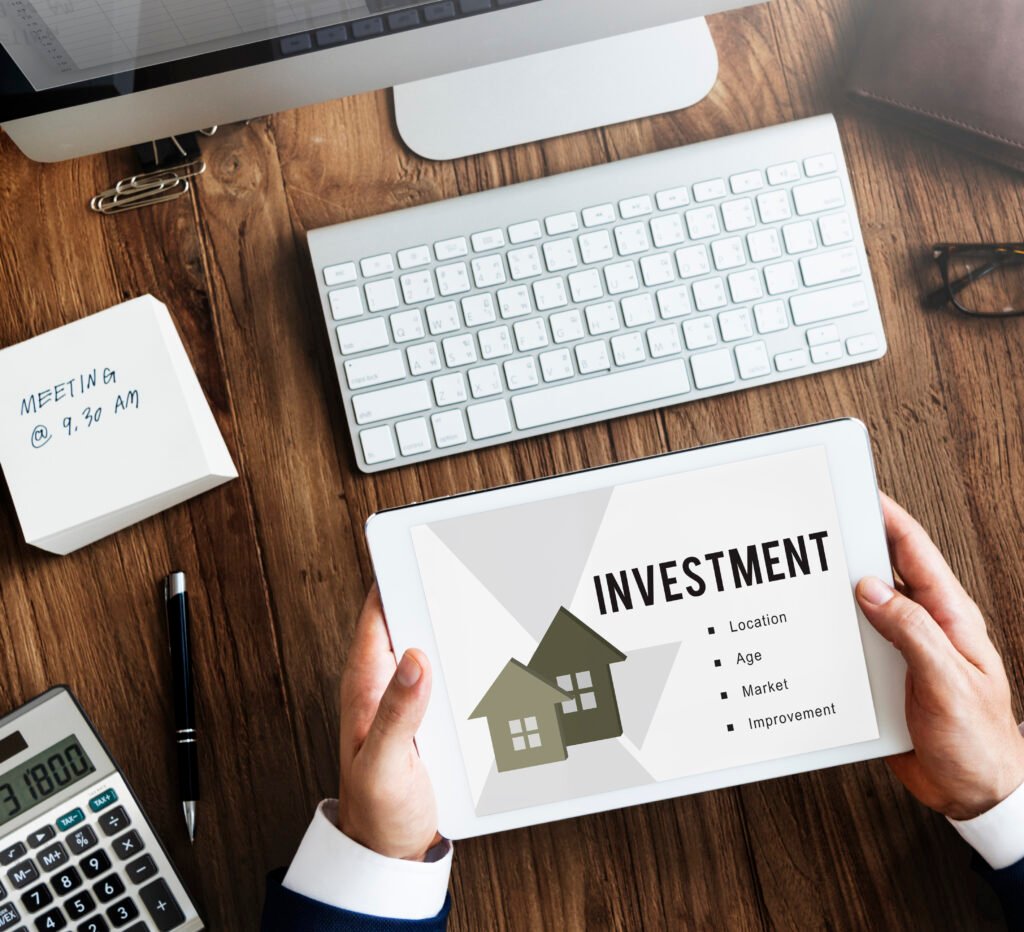Top Pros and Cons of Real Estate Investment in Egypt 2025
Real estate investment in Egypt 2025 remains one of the strongest and most stable sectors, despite the global economic fluctuations. While stock markets and other investment fields face increasing risks, real estate in Egypt continues to serve as a solid foundation and an effective tool for preserving capital and achieving stable long-term returns.
In recent years, Egypt has witnessed an unprecedented urban boom with the establishment of new cities such as the New Administrative Capital, New Alamein, New Zayed, and New Mansoura. With the growing demand from both local and foreign investors, it has become essential to highlight the key advantages and disadvantages of real estate investment in Egypt’s market during 2025, along with practical insights for anyone considering this promising field.
First: Advantages of Real Estate Investment in Egypt 2025
1. Financial Stability and Security
Real estate has long been one of the most stable investment sectors in Egypt, demonstrating strong resilience against local and global economic crises.
Despite the volatility of stock markets and currency rates, property continues to preserve — and often increase — its value over time.
In 2025, real estate has become even more important as a safe hedge against inflation and currency fluctuations. Both individuals and corporations now view property as a “safe vault” that not only protects their capital but also grows it steadily.
Moreover, the Egyptian government continues to inject major investments into infrastructure, roads, and transport networks — strengthening long-term market stability and increasing investor confidence both locally and internationally.
2. Strong and Continuous Demand for Housing
Egypt has one of the highest population growth rates in the region, increasing by nearly two million people annually — creating immense demand for housing.
This demand comes not only from young couples but also from professionals relocating to new cities and Egyptians living abroad who wish to own property in their homeland.
To meet this growing need, the government continues to build new, fully integrated cities such as the New Administrative Capital, New Zayed, New Alamein, and New Mansoura.
This demographic growth and urban expansion ensure that real estate demand will remain strong and consistent, making property investment in Egypt 2025 one of the most reliable ways to secure long-term financial returns.
3. Diversity of Real Estate Projects and Options
The Egyptian real estate market is now more diverse and innovative than ever before.
Leading developers such as Mountain View, SODIC, Palm Hills, Tatweer Misr, and Madinet Nasr for Housing and Development are offering projects that cater to all lifestyles and budgets — from luxury villas and apartments to affordable and mid-range housing.
New property types have also emerged, such as serviced apartments, smart homes with digital control systems, commercial malls, and office spaces targeting entrepreneurs and business investors.
This diversity allows investors to choose based on their goals — whether they seek steady rental income or capital gains from resale.
4. High and Stable Rental Yields
One of the top advantages of real estate investment in Egypt 2025 is the high rental yield, often outperforming returns from bank deposits or stock investments.
In areas such as New Cairo, Sheikh Zayed, and the New Administrative Capital, annual rental yields range between 8% and 10%, which is considered very attractive regionally.
This high demand comes from various segments, including:
-
Young families seeking modern homes near work and services.
-
Foreign professionals and expats working for international companies in Egypt.
-
Students and temporary residents who prefer renting over buying.
As a result, rental properties have become a stable source of monthly income, especially in expanding urban communities offering comprehensive facilities and amenities.
5. Flexible Payment Plans and Unprecedented Facilities
One of the reasons Egypt’s real estate market has become more appealing is the remarkable payment flexibility offered by developers.
Investors no longer need large amounts of liquidity to buy a property — many developers now allow booking with as little as 10% down payment and installments extending up to 10 years, sometimes even interest-free.
This accessibility has encouraged more first-time buyers and small investors to enter the market.
Additionally, several developers offer special plans for Egyptians living abroad, allowing them to invest easily from outside Egypt without heavy upfront costs.
6. Government Support and Investor-Friendly Legislation
The legal and regulatory environment in Egypt is now clearer and more stable than ever.
The government has enacted laws that simplify property registration, protect buyer rights, and regulate sales and installment contracts.
Moreover, government-led mortgage finance programs — in cooperation with Egyptian banks — now allow buyers to purchase residential units at low interest rates and repayment periods extending up to 30 years.
There are also facilitations for foreign ownership, making the Egyptian real estate market even more attractive regionally.
These initiatives have built strong investor confidence and created a secure and transparent investment environment that welcomes local, Arab, and international investors alike.
7. Increasing Property Value Over Time
One of the main reasons for the growing demand in real estate is that property values naturally appreciate over time.
For example, areas such as the New Administrative Capital and New Alamein have witnessed price increases of 20% to 40% in just a few years, driven by advanced infrastructure and massive development projects.
Investing in such areas today offers exceptional long-term profit potential, especially as the government continues to connect new cities through modern highways, utilities, and transportation systems — steadily boosting their market value year after year.
8. Investment in Coastal and Tourist Cities
Egypt’s real estate market has expanded significantly in tourist and coastal developments, particularly in areas such as New Alamein, Ain Sokhna, Galala, and Ras El Hekma.
These destinations have become prime investment hotspots due to the high seasonal returns generated during summer and holiday periods.
The strong demand for resort units and serviced apartments makes tourist real estate one of the most profitable segments, as properties can be rented on a daily or weekly basis at premium rates.
Furthermore, most of these coastal cities are rapidly evolving into fully integrated communities with schools, hospitals, and shopping centers — making them suitable for year-round living, not just vacation stays.
9. Easy Resale Opportunities
Although real estate is generally considered a long-term investment, the Egyptian market stands out for its high liquidity.
Properties located in prime projects or strategic areas can often be resold quickly, particularly given the strong ongoing demand.
This gives investors greater flexibility to exit the market and convert assets into cash whenever needed.
Additionally, the rise of trusted online platforms and real estate agencies has made buying and selling faster and safer than ever before.
10. Investing in USD for Double Returns
One of the latest trends in 2025 is purchasing property in Egypt using US dollars, especially among Egyptians living abroad and Arab investors.
This approach provides dual benefits:
-
Currency advantage — gaining profit from the exchange rate difference when converting returns back to USD.
-
Rental income — generating stable annual cash flow from the property itself.
With many developers now pricing their units in USD or allowing international payments, the process has become simpler and more transparent.
This makes real estate investment in Egypt 2025 an ideal choice for those seeking to protect and grow their foreign savings in a stable and high-potential market.



